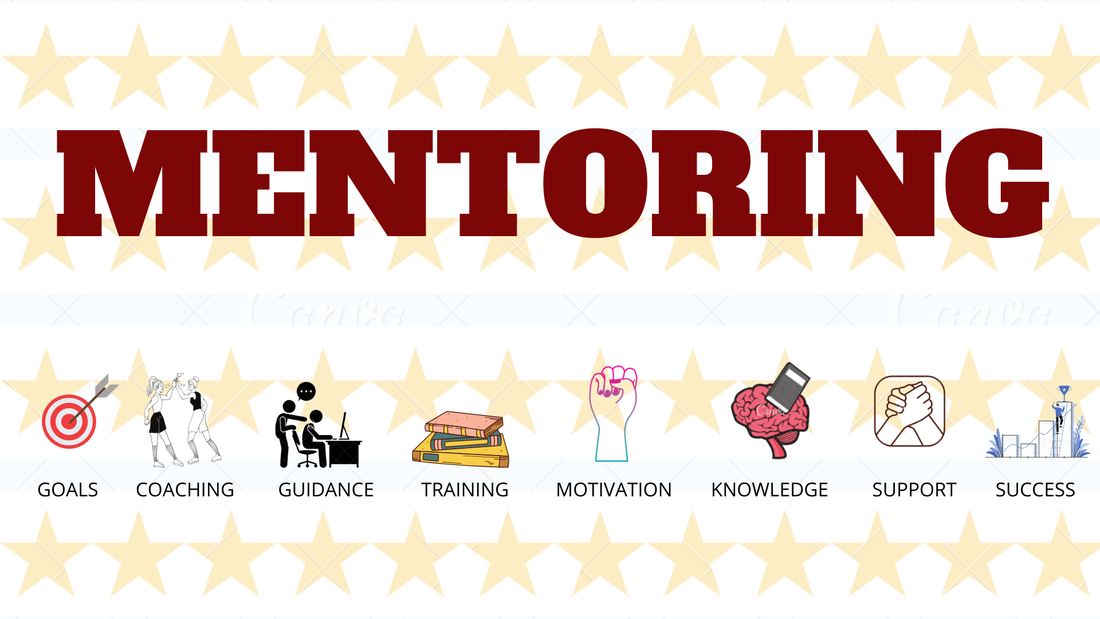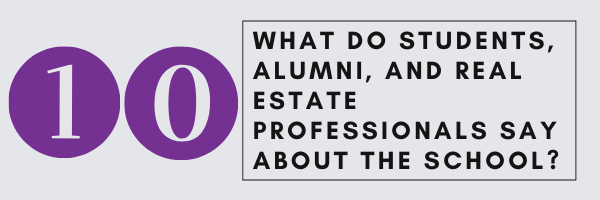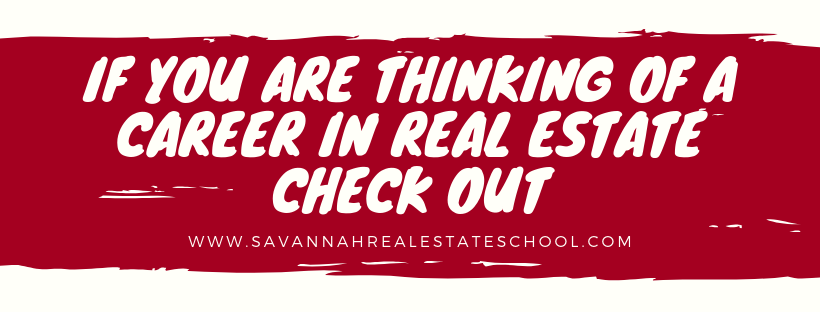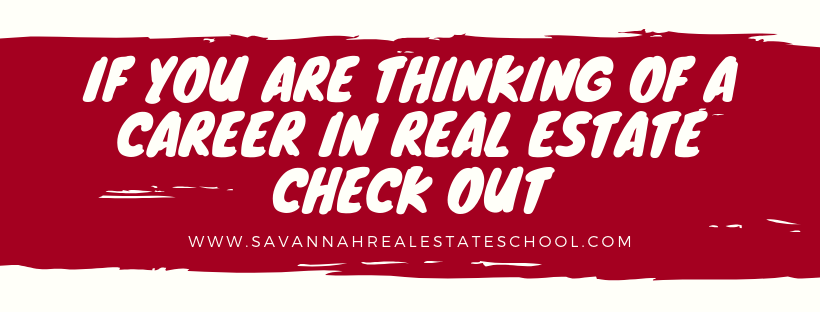It’s great to have a mentor to guide you when you’re a real estate agent, especially when you are first starting in your career. A mentor can be invaluable in helping you learn the ropes and build your professional network. And even after you’ve gotten some experience under your belt, a good mentoring relationship can still help you grow your business and push your career to new heights.
Sounds good, right? But the question is: How do you know a good mentor when you see one? Here are suggested questions to ask yourself as you look for a great mentor who is right for you.
Sounds good, right? But the question is: How do you know a good mentor when you see one? Here are suggested questions to ask yourself as you look for a great mentor who is right for you.
You will want an established real estate pro with a wealth of expertise to be your mentor, of course. At the same time, though, recognize that an effective mentor knows that there is always something new to learn. Being committed to staying current and learning new practices in the field is a valuable trait in a mentor. And, in addition to being enthusiastic about sharing that knowledge with you, they should also be open to the possibility that you may know something they do not.
As a real estate school that prides itself on having instructors with directly relevant experience, the Ben Farmer School of Real Estate can attest to how important it is to have a mentor who has walked the path you’re on. When they have gone through similar situations, they are positioned to help shorten your learning curve and help you navigate challenges. They can relate to where you are coming from and know what you need to think about, and what skills you’ll need to hone.
You don’t want your mentor to be exactly like you, but it is helpful if the two of you have views and values in common. It’s like matchmaking. When you pair up with someone with whom you can quickly find common ground, the chances are greater that you’ll build a dynamic relationship. Look at the person’s supportive style too. Is their approach going to challenge you (in a good way) and inspire you to realize your goals and dreams? Think about what style brings out the best in you.
Someone with a skill set similar to yours could help you sharpen your existing skills. And while this can make your strengths even stronger, it’s also important for a mentor to give guidance in areas where you are struggling. You’ll want them to supplement the skills you bring to the table too. These include hard skills (e.g., estate knowledge) and soft skills (e.g., communication).
A quality mentor is both. One of a mentor’s core obligations is to provide crucial feedback to help you sidestep mistakes, increase your business, and more. Sometimes that feedback is corrective, and difficult to hear. So, look to find someone who knows how to constructively deliver feedback, and doesn’t shy away from giving you a respectful reality check when you need it.
Great mentors are also authentic. They do not say one thing and do another. Rather, they lead by example, proving their talk and their capabilities with actions that match their words. They also know that an important part of being an authentic role model is the willingness to reflect on and share their journey and experiences – the good, the bad, and the ugly – with their mentee.
Some Related Advice
Choosing the right mentor is an important decision. Therefore, don’t be in a rush. Take your time and choose wisely. To make it easier:
Choosing the right mentor is an important decision. Therefore, don’t be in a rush. Take your time and choose wisely. To make it easier:
- Identify what you need and want from a mentor. Develop a list of short and long-term goals, which will help you figure out what skills and knowledge your mentor should have.
- Prepare questions that will help you get an idea of what a mentoring relationship would be like with that person. Ask those questions at an informal meeting.
- Ask others for input on the people you are considering. This can help you narrow your list.










































































 RSS Feed
RSS Feed

